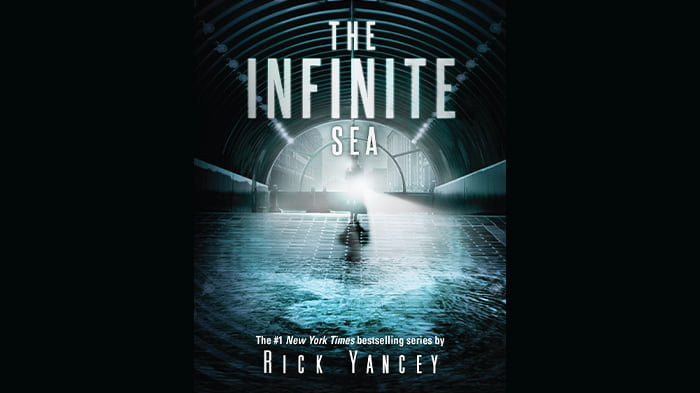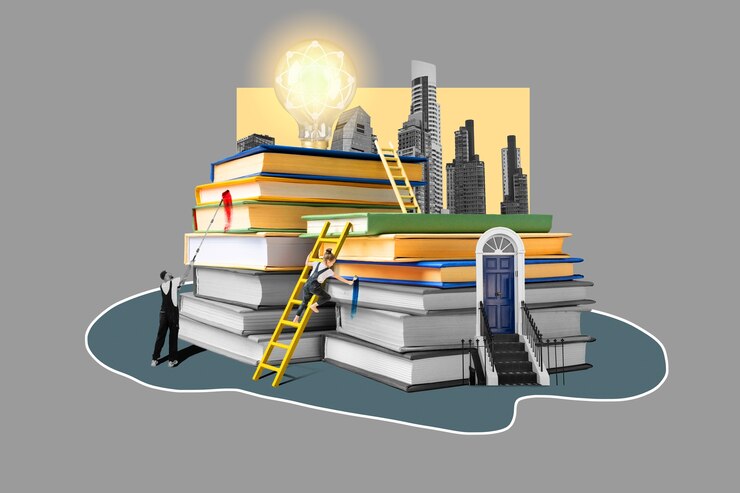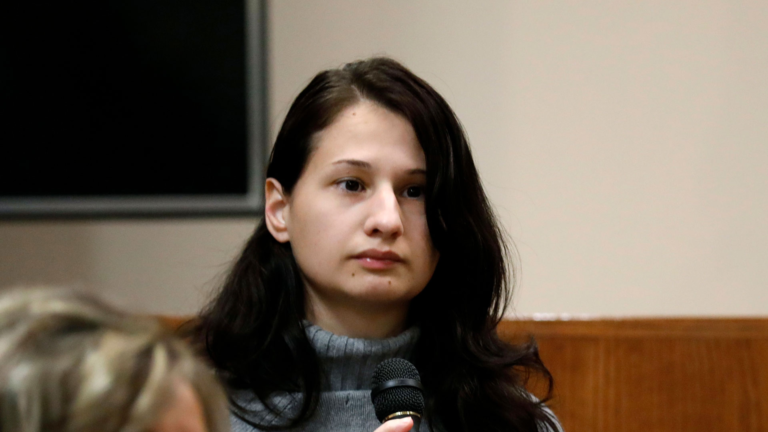Literary Criticism The Infinite Sea : A Comprehensive guide
Introduction to Literary Criticism and The Infinite Sea
Literary criticism is the art of evaluating and interpreting literature. It plays a crucial role in understanding the deeper meanings behind works of literature, offering insights that go beyond the surface. In this article, we will dive into the literary criticism of Rick Yancey’s novel “The Infinite Sea,” exploring its themes, characters, and the various critical approaches that can be applied to it.
Historical Context of Literary Criticism
Early Beginnings
Literary criticism dates back to ancient times, with early critics such as Aristotle, who laid the foundation with his work “Poetics.” These early efforts focused on defining the elements of drama and poetry, establishing a framework that would evolve over centuries.
Evolution Through the Ages
From the Renaissance to the modern era, literary criticism has undergone significant transformations. Each period brought new perspectives, from the Romantic emphasis on emotion and imagination to the Structuralist focus on underlying structures within texts.
The Role of Literary Criticism
Importance in Literature
Literary criticism is essential for a deeper understanding of literature. It helps readers appreciate the nuances of a text, uncovering layers of meaning that might not be immediately apparent.
How It Shapes Reader Perception
Critics guide readers in interpreting literature, influencing how they perceive and relate to a work. This shaping of perception can enhance the reading experience, providing a richer engagement with the text.
Analyzing “The Infinite Sea”
Brief Synopsis of the Book
“The Infinite Sea” is the second book in Rick Yancey’s “The 5th Wave” series. It continues the story of Cassie Sullivan and her struggle to survive in a world decimated by an alien invasion. The novel delves into themes of trust, survival, and the human spirit’s resilience.
Major Themes Explored
The novel explores several major themes, including the nature of humanity, the concept of trust in a dystopian world, and the psychological impact of constant danger and uncertainty.
Critical Approaches to “The Infinite Sea”
Formalist Criticism
Formalist criticism focuses on the structure and form of a literary work. It examines elements such as plot, character development, and literary devices used by the author.
Psychoanalytic Criticism
Psychoanalytic criticism delves into the psychological aspects of characters and their motivations. It often draws on the theories of Freud and Jung to interpret unconscious desires and fears.
Marxist Criticism
Marxist criticism examines literature through the lens of socioeconomic class and power structures. It looks at how a work reflects or critiques social inequalities and class struggles.
Formalist Criticism of “The Infinite Sea”
Analysis of Structure
“The Infinite Sea” is structured with a fast-paced plot that keeps readers engaged. Yancey uses short, impactful chapters to maintain suspense and drive the narrative forward.
Use of Literary Devices
Yancey employs various literary devices, including symbolism and foreshadowing, to enrich the story. For instance, the recurring motif of the ocean symbolizes the vast, unknown challenges the characters face.
Psychoanalytic Criticism of “The Infinite Sea”
Character Analysis
The characters in “The Infinite Sea” are complex and multi-dimensional. Cassie’s internal struggles reflect her fear and hope, mirroring the psychological impact of living in a post-apocalyptic world.
Themes of Fear and Survival
Fear is a pervasive theme in the novel, driving characters’ actions and decisions. The struggle for survival in an uncertain world forces them to confront their deepest fears and instincts.
Marxist Criticism of “The Infinite Sea”
Socioeconomic Themes
The novel highlights the disparities between different groups of survivors, illustrating the impact of socioeconomic status on their chances of survival and quality of life.
Class Struggle Depiction
Yancey portrays the tension between different survivor groups, reflecting broader themes of class struggle and inequality. This adds a layer of social critique to the dystopian narrative.
Comparative Analysis
Comparing “The Infinite Sea” with Other Works
When compared to other dystopian novels, “The Infinite Sea” stands out for its intense focus on psychological depth and the human experience of trauma and resilience.
Similarities and Differences in Themes
Themes of survival and trust are common in dystopian literature, but Yancey’s unique approach to character development and psychological insight sets his work apart.
The Infinite Sea’s Reception
Critical Reception
Critics have praised “The Infinite Sea” for its compelling characters and gripping plot. However, some have noted a reliance on familiar dystopian tropes.
Popular Reception
Among readers, the novel has been well-received, particularly for its emotional depth and suspenseful storytelling. Fans of the series appreciate the continuation of Cassie’s journey.
Impact of “The Infinite Sea” on Contemporary Literature
Influence on Other Writers
Yancey’s work has influenced other writers in the dystopian genre, particularly in its blend of action and psychological complexity.
Contributions to the Genre
“The Infinite Sea” has contributed to the evolution of dystopian literature, pushing the boundaries of character-driven storytelling and thematic exploration.
The Future of Literary Criticism
Emerging Trends
New critical approaches continue to emerge, incorporating interdisciplinary perspectives and digital tools. The future of literary criticism looks towards a more inclusive and dynamic analysis.
The Role of Technology
Technology is reshaping literary criticism, with digital humanities and online platforms broadening access to critical discussions and analyses.
Challenges in Literary Criticism
Subjectivity vs. Objectivity
Balancing subjective interpretation with objective analysis remains a challenge for critics. Ensuring a fair and balanced critique is essential for maintaining credibility.
Maintaining Relevance
Critics must adapt to changing literary landscapes and societal contexts to stay relevant. Engaging with contemporary issues and diverse voices is crucial for the future of literary criticism.
Conclusion
Literary criticism offers invaluable insights into works of literature, enhancing our understanding and appreciation. Through various critical lenses, “The Infinite Sea” reveals its complexity and depth, contributing to ongoing discussions in the literary world. As the field of literary criticism evolves, it will continue to illuminate the rich tapestry of human experience found in literature.
FAQs
What is the main theme of “The Infinite Sea”?
The main theme of “The Infinite Sea” is survival in a dystopian world, exploring trust, humanity, and the psychological impact of constant danger.
How does “The Infinite Sea” contribute to dystopian literature?
“The Infinite Sea” contributes to dystopian literature by blending action with deep psychological insights and complex character development, pushing the genre’s boundaries.
What are the primary methods used in literary criticism?
Primary methods in literary criticism include formalist, psychoanalytic, Marxist, feminist, and postcolonial approaches, each offering different lenses for interpretation.
How has “The Infinite Sea” been received by critics?
Critics have praised “The Infinite Sea” for its compelling characters and gripping plot, though some have noted its reliance on familiar dystopian tropes.
What future trends are expected in literary criticism?
Future trends in literary criticism include the integration of digital humanities, interdisciplinary approaches, and a focus on inclusivity and diverse perspectives.







